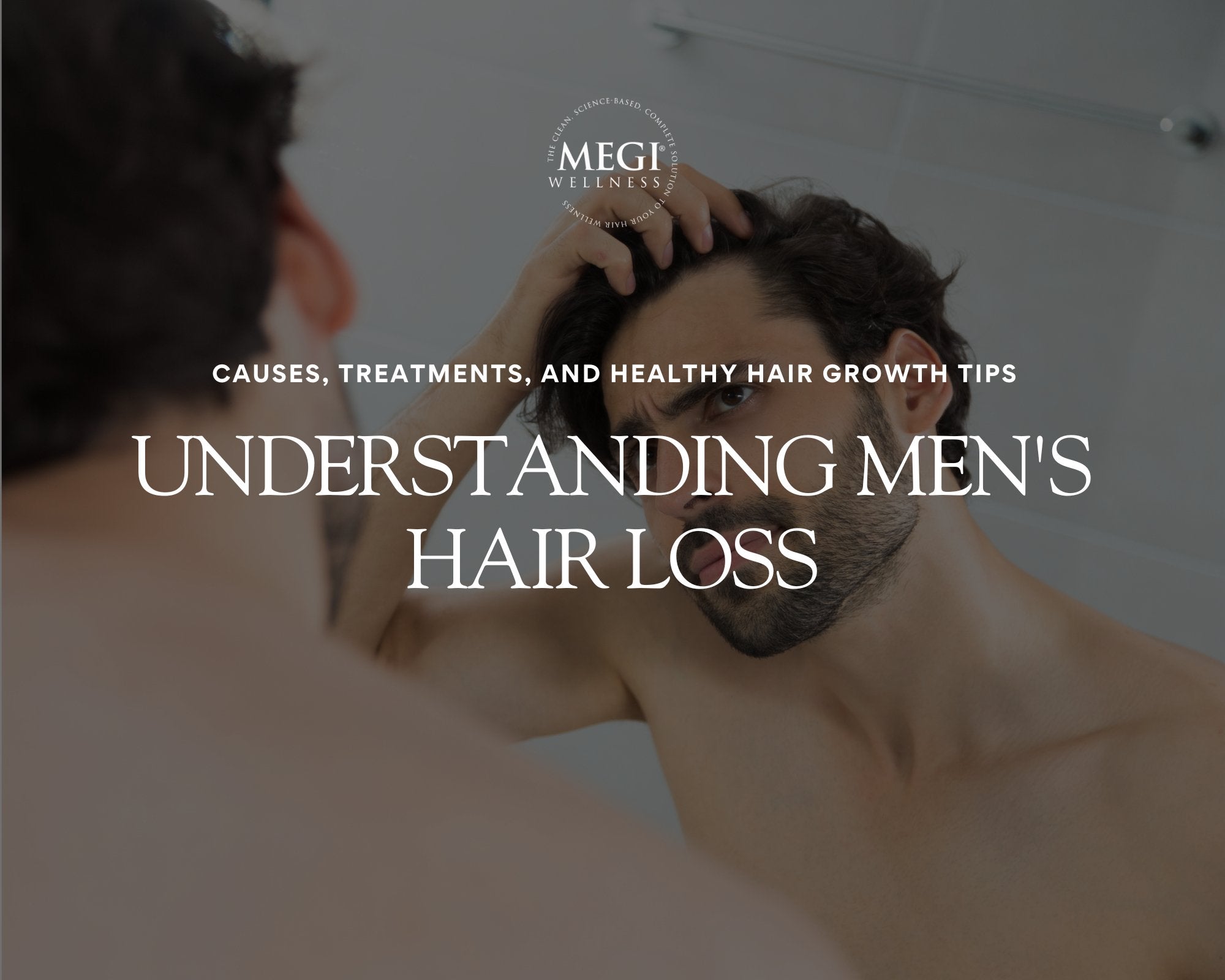Hair loss is a common issue that affects many men, leading to emotional and psychological distress. Understanding the causes, exploring available treatments, and learning how to support healthy hair growth can help manage this condition effectively.
Causes of Hair Loss in Men
-
Genetics: The most common cause of hair loss in men is androgenetic alopecia, also known as male pattern baldness. This hereditary condition is characterized by a receding hairline and thinning at the crown.
-
Hormonal Changes: Hormones play a significant role in hair growth. An imbalance, particularly an excess of dihydrotestosterone (DHT), can lead to hair loss.
-
Medical Conditions: Conditions such as thyroid disorders, scalp infections, and alopecia areata (an autoimmune disorder) can contribute to hair loss.
-
Medications: Certain drugs used for treating conditions like hypertension, depression, and cancer can cause hair loss as a side effect.
-
Stress and Lifestyle: High stress levels, poor diet, lack of sleep, and smoking can negatively impact hair health.
Treatments Available
Medications:
-
- Minoxidil (Rogaine): An over-the-counter topical treatment that stimulates hair growth and slows hair loss.
- Finasteride (Propecia): A prescription oral medication that reduces DHT levels, preventing hair loss and promoting regrowth.
-
Hair Transplant Surgery: Surgical methods like Follicular Unit Transplantation (FUT) and Follicular Unit Extraction (FUE) involve moving hair follicles from one part of the body to the thinning areas.
-
Laser Therapy: Low-level laser therapy (LLLT) can stimulate hair follicles and promote hair growth. This non-invasive treatment is available in clinics and home-use devices.
-
Platelet-Rich Plasma (PRP) Therapy: This involves injecting the patient's own platelet-rich plasma into the scalp to stimulate hair growth and improve hair density.
-
Natural Remedies:
- Essential Oils: Oils like rosemary, peppermint, and lavender have been shown to promote hair growth but there is very limited data supporting this claims.
- Supplements: Nutrients like biotin, zinc, and vitamins A, C, and D support hair health and growth.
-
Balanced Diet: Ensure your diet includes plenty of proteins, healthy fats, and vitamins. Foods rich in omega-3 fatty acids, like salmon and flaxseeds, as well as leafy greens, nuts, and seeds, are beneficial for hair health.
-
Regular Scalp Care: Keep your scalp clean and well-moisturized. It is important to not to use shampoos with sodium lauren solfide. Use growth stimulating products like Megi Wellness. Regularly massage your scalp to improve blood circulation and stimulate hair follicles. Applay Megi serum after every hair wash. Avoid over-washing and be gentle when drying your hair.
-
Stress Management: Practice stress-reducing techniques such as yoga, meditation, and regular exercise to promote overall well-being and healthy hair growth.
-
Hydration: Drink plenty of water to keep your body and scalp hydrated.
-
Proper Hair Care Routine: Use gentle shampoos and conditioners suited for your hair type. Avoid over-washing and be gentle when drying your hair.
Hair loss can be a challenging experience, but understanding its causes and exploring the available treatments can make a significant difference. By adopting a healthy lifestyle and investing in growth stimulating hair care routine, you can support healthy hair growth and maintain the best possible hair health.





